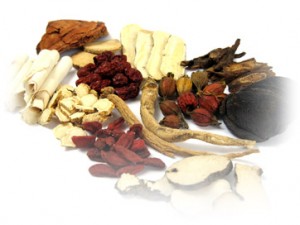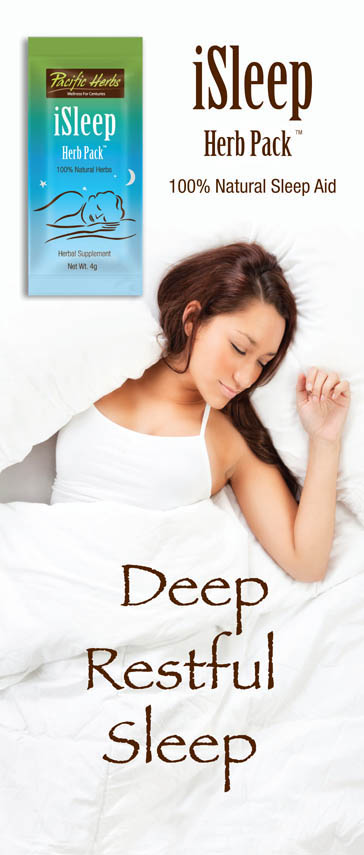 A very important study was just released from Harvard School of Public Health by the National Institute of Health. This study on women’s health confirmed that combination hormone therapy used commonly for symptoms due to menopause increases a woman’s risk for heart disease.
A very important study was just released from Harvard School of Public Health by the National Institute of Health. This study on women’s health confirmed that combination hormone therapy used commonly for symptoms due to menopause increases a woman’s risk for heart disease.Harvard Says Menopause Hormone Therapy Carries Proven Heart Risks
 A very important study was just released from Harvard School of Public Health by the National Institute of Health. This study on women’s health confirmed that combination hormone therapy used commonly for symptoms due to menopause increases a woman’s risk for heart disease.
A very important study was just released from Harvard School of Public Health by the National Institute of Health. This study on women’s health confirmed that combination hormone therapy used commonly for symptoms due to menopause increases a woman’s risk for heart disease.


